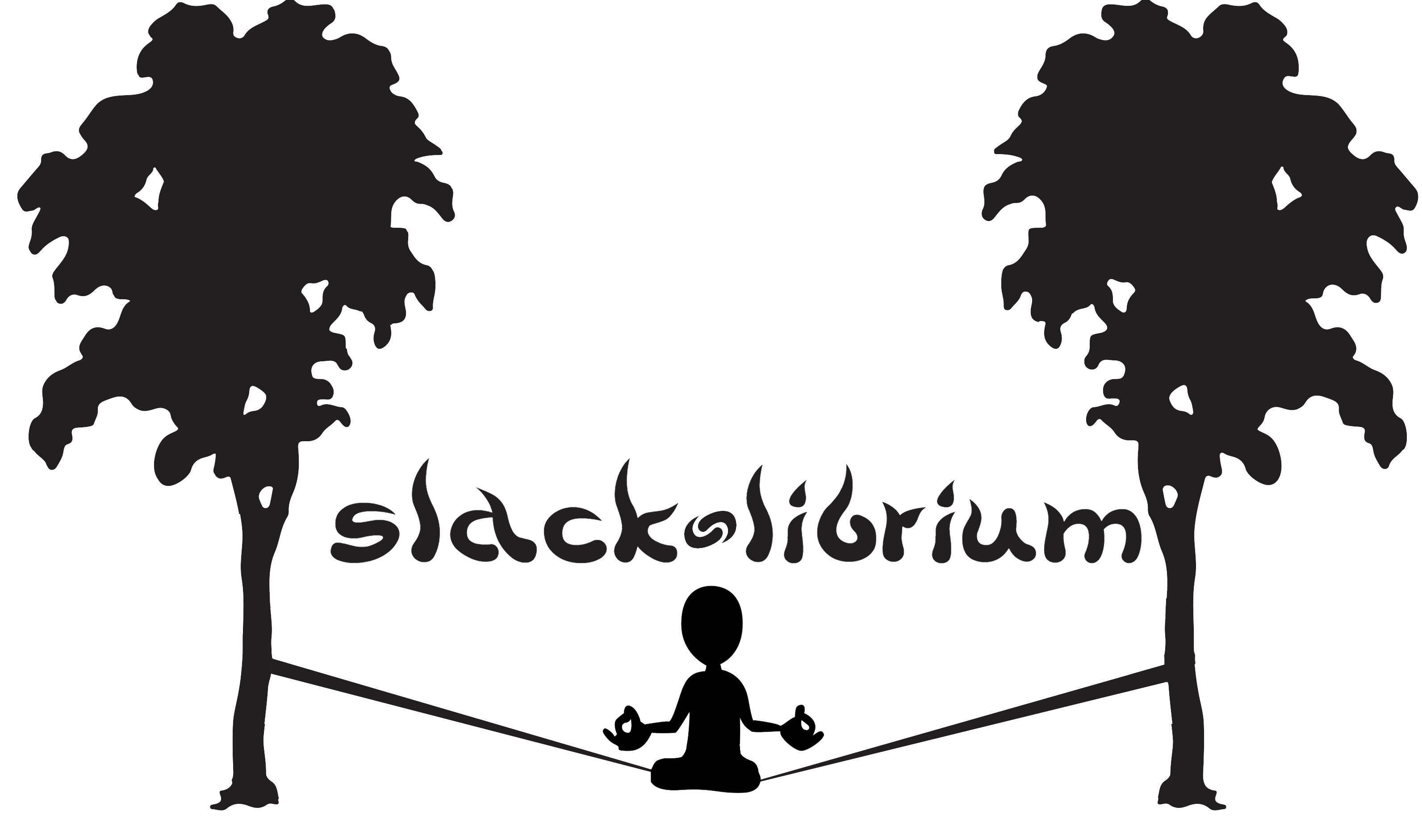A systematic review of 18 recent mindfulness studies focusing on American college students was published in the Current Psychology Journal and found a number of positive benefits. This narrative review focuses on the self-reported perspectives of college students who participated in mindfulness-based programming. While the implementation of mindfulness programming differed between the studies, all 18 of them reported favorable results. You can read the full review here and see some highlights listed below…
- Students in all 18 studies reported increased awareness of their thoughts, feelings and physical sensations as well as growth in “present moment awareness.”
- Researchers in all 18 studies reported that students learned to regulate their emotions and improve their coping abilities through becoming more self-aware.
- 11 of 18 studies showed that students’ relationships with others, including classmates, friends, & instructors, were impacted by mindfulness based interventions, helping them to critcally examine their relationships and be more perceptive to the feelings of others.
- Students in “helping professions,” such as nurses, reported that mindfulness based interventions helped them within their professional clinical practice to be more empathetic and fully present for their patients.
- In 12 of 18 studies students reported improved focus, dedfined as the ability to maintain attention on current tasks without the mind wandering.
- In 5 of 18 studies which collected data on the role of the program facilitator, students described the role of the facilitator as “essential” and “inspiring.” Students also noted that they found “face-to-face” exercises more helpful, valuing the personal connection with the facilitator.
This review is truly a fascinating read that gives valuable insight into how college students perceive and respond to mindfulness-based programming. We encourage you to read the full review here!
